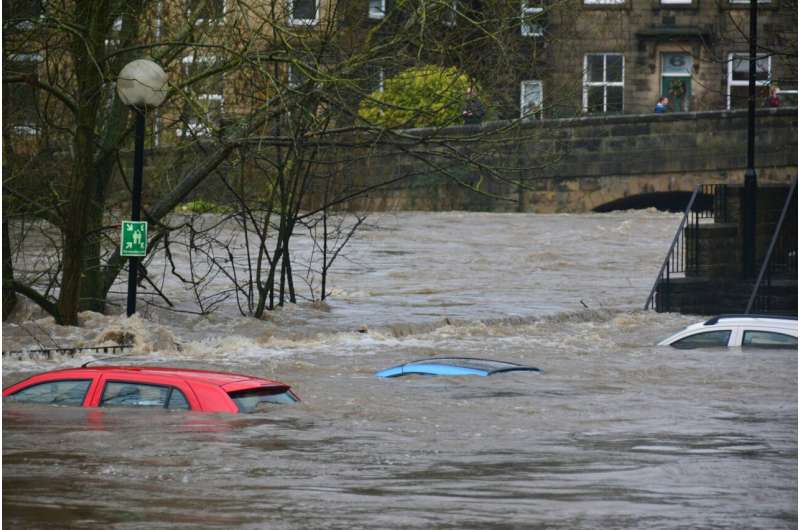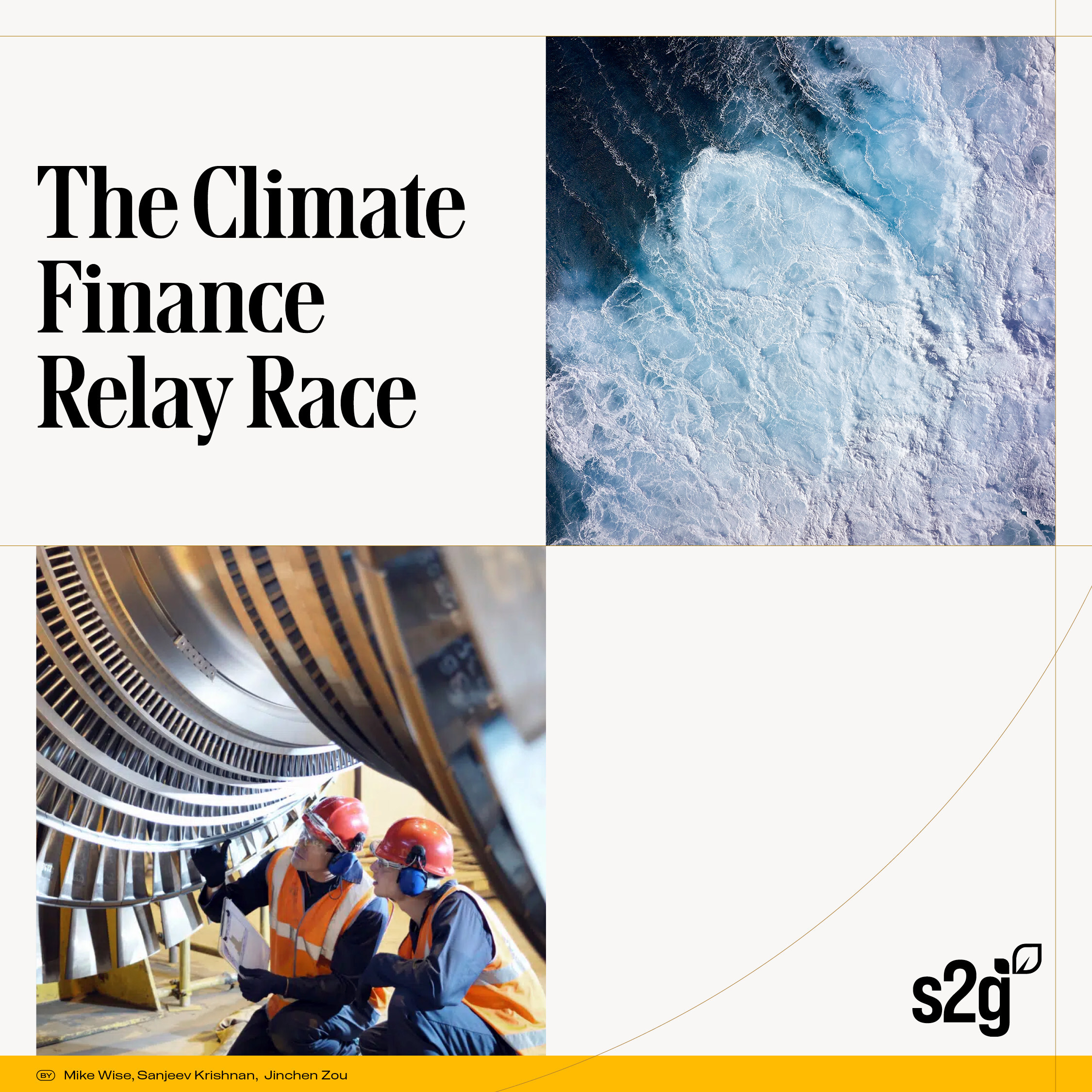
SPOKANE, Wash. , Sept. 18, 2024 /PRNewswire/ -- An economic analysis of Washington's Climate Commitment Act (CCA)—our state's cornerstone climate law—was released today by Greenline Insights and Clean & Prosperous Institute and finds the CCA has the potential to create over 45,000 jobs and generate $9.
1 billion in economic output over 8 years, all benefits that will be lost if the CCA is repealed due to actions by the Legislature or voters. "Our findings suggest that the Climate Commitment Act is a potent job creator and economic development tool for every region of Washington state ," said Jonah Kurman-Faber , Greenline Insight's Founder and Principal and an author of the study. "It promotes labor-intensive new business growth and provides a crucial advantage in attracting new federal and private investments into the state.

" The Climate Commitment Act is Washington's "cap-and-invest" program which sets a cap on greenhouse gas emissions for major polluters that decreases over time, and invests in projects that reduce pollution, create jobs, and help Washington communities respond to climate change. Since its implementation in 2023, the CCA has already generated $2.3 billion worth of job-creating investments that catalyze economic growth.
"The Climate Commitment Act is crucial for Spokane's future," said Spokane Mayor Lisa Brown . "It not only addresses environmental sustainability, but drives job creation and economic growth. By investing in clean energy and green infrastructure, we foster innovation, attract new industries, and build a resilient economy that will benefit our community for generations.
" The study shows that over the next five years the CCA is expected to fund $3.9 billion worth of investments, and it identified another $1.4 billion of state funds that would be at high-risk if the CCA is repealed.
Through analysis of CCA investments, the study captures how capital, labor and goods are expected to flow within Washington's economy, resulting in jobs and economic growth outcomes that can be measured at the industry, occupation or regional level. Findings indicated that – at a minimum – the CCA will create an estimated 45,000 jobs across economic sectors including construction, manufacturing, and professional, scientific and technical services. Investments at this scale will result in $9.
1 billion in total economic output—over half of which is considered a direct result of implementing CCA-supported projects. These results will likely be much higher in reality, due to the CCA's ability to attract additional federal and private funding to the state, particularly from the federal Inflation Reduction Act. Factoring in this form of new capital is what drives potential outcomes from the CCA as high as 260,000 jobs and $51 billion in economic output.
"Jobs created by the Climate Commitment Act provide an average of $91,000 in employee compensation, which is 9% above the state median," added Jack Tortorici from Laborers Local 238. CCA investments were categorized into seven thematic programs: active transportation; efficient homes & buildings; clean energy; clean vehicles; ferries & maritime sector; forests, water, fish and farms; and public transit. The majority of jobs created are in traditional sectors such as business management, construction and trade, while opportunities in forestry and manufacturing related to renewable energy are anticipated to see the largest growth relative to their current size because of investments into conservation and clean energy.
"CarbonQuest, is a perfect example of local innovation in the clean energy space that also leads to more industrial jobs," said Dave Curry , CarbonQuest Founder and Board Chairman. "Our technology can decarbonize many facilities in the state and in Spokane and can even help new manufacturing obtain decarbonized onsite power. That is a win-win for workers and the green economy.
CCA's cap and invest program is critical to scale our business in Washington and accelerate the transition in the most cost-effective way." "This report confirms what we have said all along," said Kevin Tempest , Research Director of the Clean and Prosperous Institute, a sponsor of the jobs study. "The CCA carefully balances the needs of our region for environmental sustainability and economic growth while acting as our state's engine for investments in clean energy and transportation infrastructure.
" The Climate Commitment Act is widely recognized as Washington's most effective tool for reaching its goal of net-zero emissions by 2050. As this study demonstrates, the CCA is a catalyst for developing green jobs and economic growth at the same time that it is a key driver of improved air quality and reduced pollution across the state. If the CCA is lost to repeal, Washingtonians will lose out on the expected job growth, environmental improvements, and opportunities for capital leverage.
On Wednesday, Sept 25 th Clean & Prosperous Institute and Greenline Insights are hosting a webinar about the study. If you are interested in attending, RSVP here . For more information and to access the Full Jobs Report, please check: www.
Greenlineinsights.com/climate-commitment-act . About Greenline Insights Greenline Insights is an analytically driven research firm that specializes in jobs and economic modeling on a variety of policies across all 50 states, spanning topics including energy, climate, transportation, infrastructure, natural resources, innovation, food, and public health.
" About Clean & Prosperous Institute The Clean & Prosperous Institute works to responsibly tackle climate change and carbon reduction at the state level. We leverage resources, prioritize truth-telling, and strive for improved government and private-sector collaboration. Our core focus is system design, delivering technically accurate, long-term greenhouse gas reduction strategies that guide policy decisions.
We thoroughly explore opportunities and complex risk factors associated with crafting climate policy from the state level upward. We strongly believe in the power of business leadership, bipartisan problem-solving, and data-driven public policy. Media Contacts: Lee Keller 206.
799.3805 [email protected] Jonah Kurman-Faber 401.405.
1591 [email protected] SOURCE Greenline Insights.














